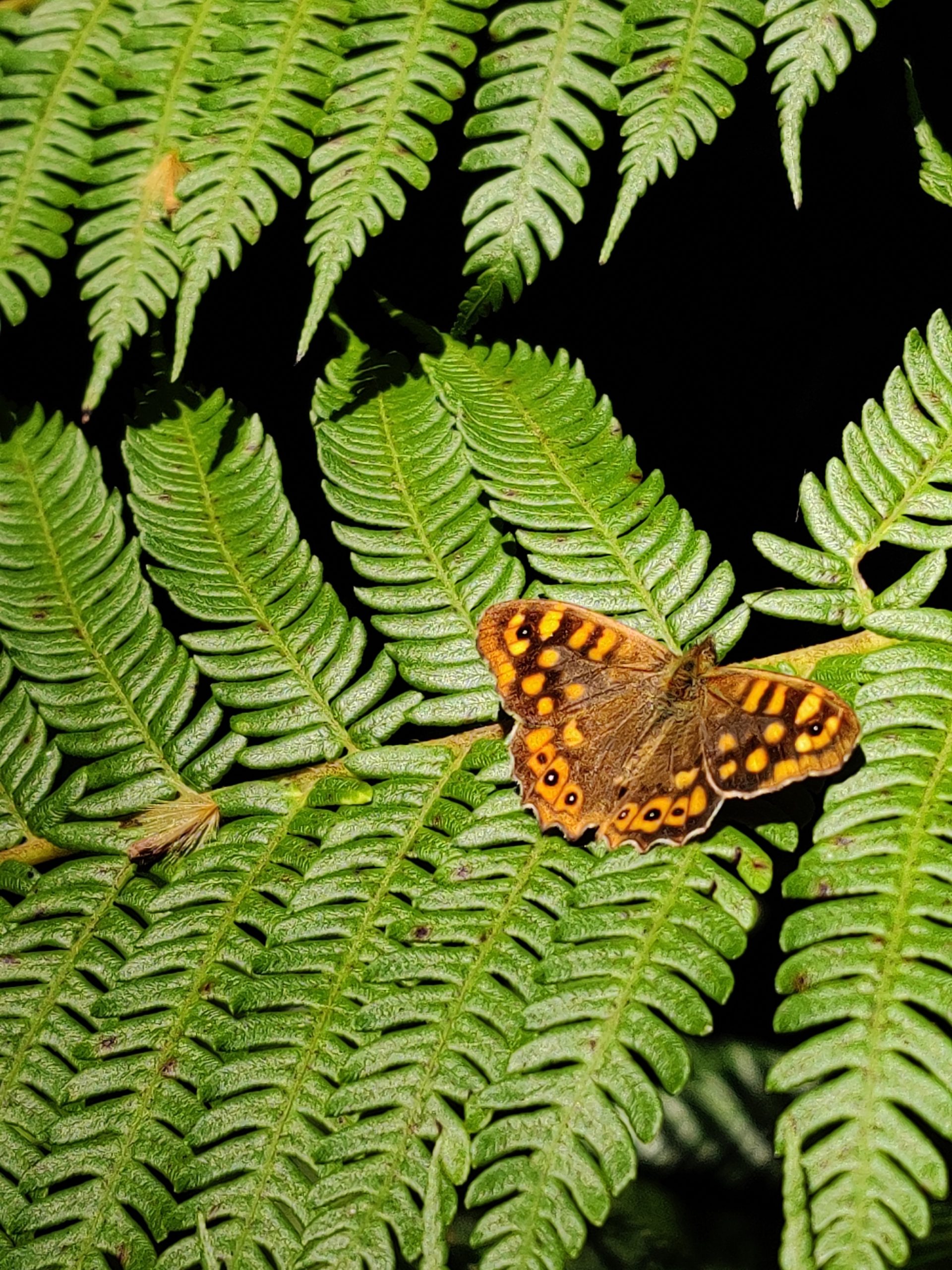
Thom van Dooren
Universidade de Sidney, Austrália
Thom van Dooren é professor associado e bolsista do Conselho Australiano de Investigação (2017-2021) no Departamento de Estudos de Género e Culturais e no Instituto Ambiental de Sydney da Universidade de Sydney, e professor II na Escola de Humanidades Ambientais de Oslo, Universidade de Oslo. A sua investigação baseia-se no amplo campo interdisciplinar das humanidades ambientais, com especialização em filosofia ambiental, estudos culturais e estudos de ciência e tecnologia. A sua investigação e escrita concentram-se em algumas das muitas questões filosóficas, éticas, culturais e políticas que surgem no contexto da extinção de espécies e do envolvimento humano com espécies e locais ameaçados. É autor de Flight Ways: Life and Loss at the Edge of Extinction (2014), The Wake of Crows: Living and Dying in Shared Worlds (2019) e coeditor de Extinction Studies: Stories of Time, Death, and Generations (2017), todos publicados pela Columbia University Press. Juntamente com Deborah Bird Rose e Elizabeth DeLoughrey, foi coeditor fundador da revista Environmental Humanities (Duke University Press).
Concluiu a sua licenciatura (com distinção) na Universidade Nacional Australiana (2003) e o seu doutoramento na Faculdade Fenner de Ambiente e Sociedade, também na ANU (2007). Em seguida, obteve uma bolsa de investigação do Conselho de Investigação do Reino Unido na Universidade de Hull (Reino Unido) e uma bolsa de investigação de pós-doutorado do Chanceler na Universidade de Tecnologia de Sydney. De 2011 a 2017, ajudou a fundar e trabalhou com o grupo de Humanidades Ambientais da Universidade de Nova Gales do Sul. Assumiu o seu cargo atual na Universidade de Sydney em 2018.
Ocupou cargos de visitante na Universidade da Califórnia em Santa Cruz (2005, 2010), no Laboratório de Humanidades Ambientais do Instituto Real de Tecnologia, na Suécia (2014), MIT (2018), Universidade do Havai (2018) e foi bolseiro de investigação Humboldt (Investigadores Experientes) no Centro Rachel Carson para o Ambiente e a Sociedade da Universidade Ludwig Maximilian de Munique (2014, 2015, 2016).
Website: https://www.thomvandooren.org/










